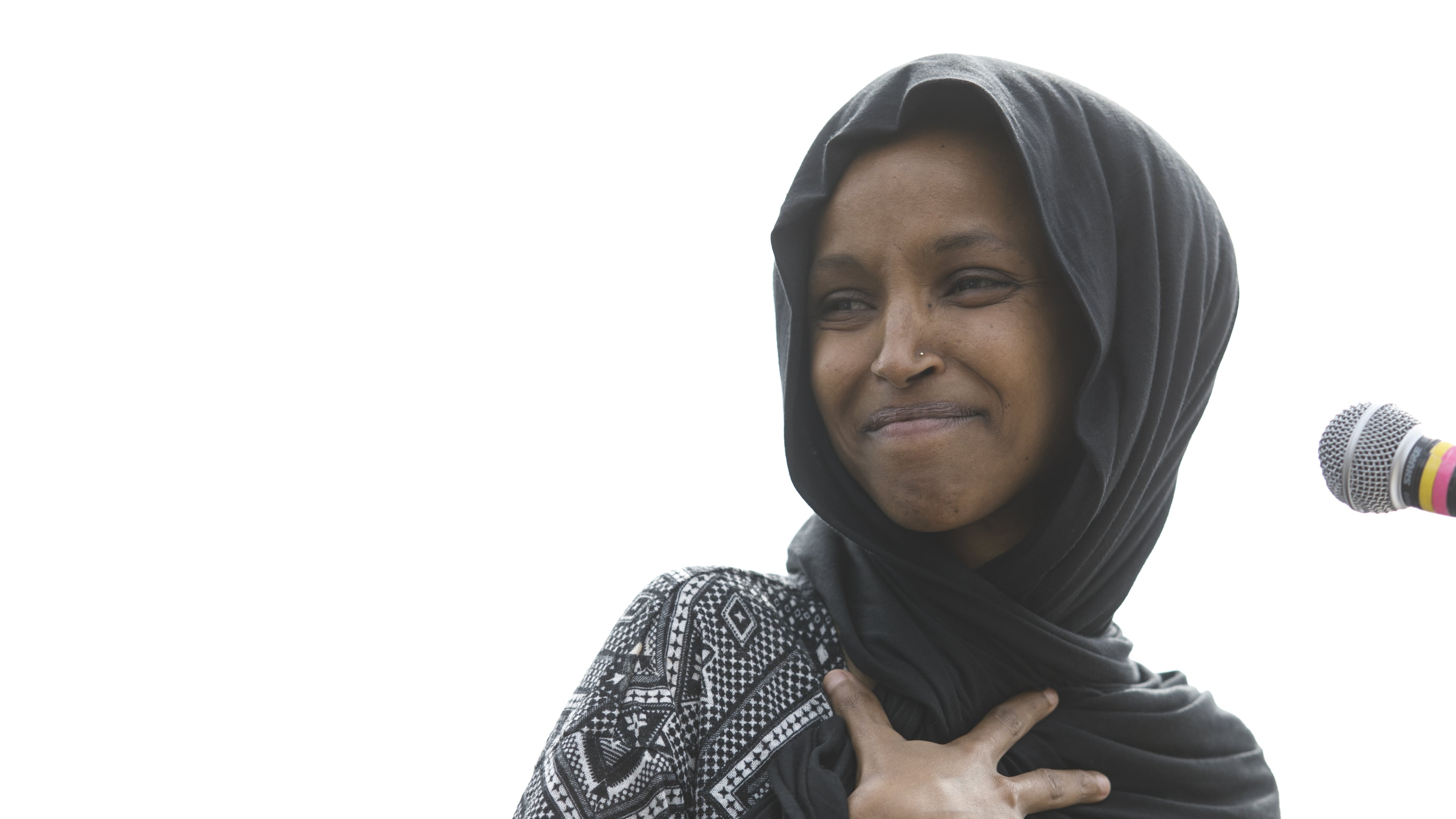Rather than denounce controversial ideas and speakers on campus, debate them.

I’m disappointed in efforts to drown out controversial speakers on college campuses as a key element of education ought to be learning how other people think.
Now, we denounce rather than debate -- often based on a cursory grasp of a topic gained through social media digests rather than thoughtful analysis.
Today, two academics call on students -- and all Americans-- to stop “intimidating others into thinking as we do,” but rather “debate them in hope of changing their minds, and maybe our own.”
Ian Kingsbury is a doctoral candidate in the Department of Education Reform at the University of Arkansas, where Robert Maranto is the 21st Century Chair in Leadership.
By Ian Kingsbury and Robert Maranto
One of us is a full professor with over 30 years in the ivory tower and 14 books to his credit; the other is a young doctoral candidate just starting out. We have different religions, ideologies, and class backgrounds, but one thing we have in common is the conviction that in a free society we should never silence, shun, or blackball fellow citizens because we find their views obnoxious.
Rather than intimidating others into thinking as we do, we should debate them in hope of changing their minds, and maybe our own. Elite education does not give us a monopoly on knowledge. Even if we did know everything worth knowing---and to be clear we don’t--- ideological coercion by “the enlightened” is counterproductive.
When people hide their real opinions fearing retaliation, controversial prejudices do not die; instead, they metastasize like cancer. In contrast, open debate facilitates voluntary, genuine attitudinal change. That sort of open debate used to be a key part of education.
A case in point came back in 1994 when Harvard Professor Richard J. Herrnstein and AEI scholar Charles Murray published "The Bell Curve," a lengthy empirical argument that intelligence is inherited, predicts a variety of outcomes, and more controversially, is influenced by race. Herrnstein and Murray contended that Africans might be inherently less intelligent than Europeans and (especially) Asians.
Many professors called for banning “The Bell Curve.” A quarter century after its publication, Murray still faces threats when speaking on college campuses. As a result, opinions that some “races” (whatever that term even means) are naturally smarter remain hidden, empirically unchallenged, and likely widespread.
Rather than denouncing "The Bell Curve," one of us assigned it in seminar. Examining the evidence, students concluded that Murray and Herrnstein had established the importance and inheritability of human intelligence, controversial matters in academia. In contrast, their hypothesis that race affects intelligence was undermined by the relative biological uniformity across races, the high IQ's of certain genetically African populations, and because in the past "races" presumed cognitively inferior, like Chinese, Irish, and Jewish immigrants to America, made remarkable IQ gains after opportunities and cultures changed.
In short, students examined controversial ideas empirically, separating the wheat from the chaff. American society generally and universities in particular used to encourage that kind of marketplace of ideas. Alas, as Greg Lukianoff and Jonathan Haidt show in "The Coddling of the American Mind," political correctness on the left, populism on the right, and social media for all have conditioned Americans to denounce rather than debate opponents.
This explains the rush to censure progressive rising star and U.S. Rep. Ilhan Omar, D-Minn., over a series of anti-Semitic remarks, some bearing eerie similarities to 1930s Nazi propaganda.
In 2012, Omar said "Israel has hypnotized the world, may Allah awaken the people and help them see the evil doings of Israel." In recent months, as a member of Congress, Omar charged that Jewish money bought support for Israel, and that American Jews held allegiance to Israel rather than the United States.
Omar drew praise from former Ku Klux Klan leader David Duke---yes, that David Duke---the real life villain in the Oscar nominated film "BlacKkKlansman" ("the most important member of the US Congress").
Also defending Omar were progressive Democrats including presidential hopefuls Elizabeth Warren, Kamala Harris, and Bernie Sanders. Normally quick to denounce perceived bigotry, the House Democratic caucus could not muster the votes to censure Omar, or remove her from the House Foreign Affair Committee.
Supporters portray Omar as starting a much-needed debate on Israel and Jewish influence. Here, we could not agree more.
Granting Rep. Omar the benefit of the doubt, as Congressional Democrats repeatedly do, she might not know of anti-Semitic tropes that Jews orchestrated calamitous events like the French Revolution, the Russian Revolution, and presidential assassinations. She might not know that the Protocols of the Elders of Zion, a Czarist fabrication claiming Jewish world domination, was cited in the Hamas charter and remains influential in the Middle East. Even now, some Palestinians in positions of authority believe that Jews slaughter innocent children, harvesting their blood to make matzos. Rep. Omar might not know that the Israel she accuses of hypnotizing the world has suffered condemnation from the United Nations Human Rights Council more than the rest of the world combined.
If ignorance rather than malice explains Omar's anti-Semitism, then public debate could correct that ignorance. Another progressive rising star, Rep. Alexandria Ocasio-Cortez, D-N.Y., made Palestinian statehood a central tenet of her campaign but changed course after an embarrassing interview on PBS Firing Line culminated in her admitting that she is "not the expert on geopolitics on this issue."
Simply put, debate can correct ignorance in ways that censuring, shunning, or denouncing in 280 twitter characters cannot.
Censuring (or censoring) Rep. Omar will not change her heart or lessen her influence---it might even reinforce beliefs that a Jewish cabal rules all. Instead, if Omar and her defenders really want to debate the influence of Jews in America and the world, we say bring it on.

